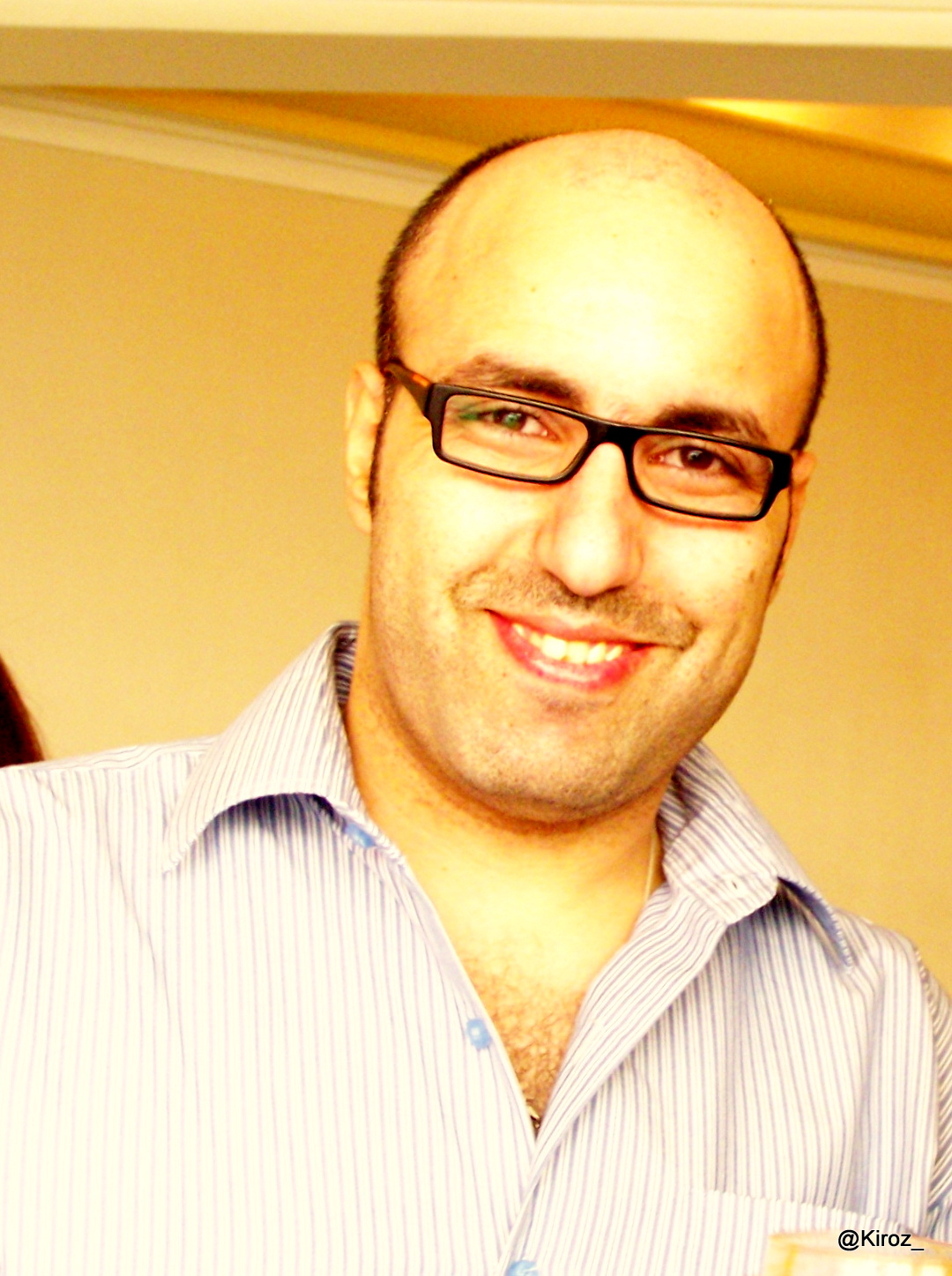Originally Posted in Al-Ahram weekly
By: Mohamed Zaree
Egypt’s draft NGO law reproduces the tools the Mubarak regime developed to repress dissent and innovation in society, writes Mohamed Zaree
 On 11 June 2013, Khaled Al-Kazzaz, secretary to the president of Egypt for foreign relations, countered a statement by 40 Egyptian development and rights organisations, including the Cairo Institute for Human Rights Studies (CIHRS), where I work. The statement expressed our concern over the course that the presidency’s bill on associations has charted for Egyptian civil society.
On 11 June 2013, Khaled Al-Kazzaz, secretary to the president of Egypt for foreign relations, countered a statement by 40 Egyptian development and rights organisations, including the Cairo Institute for Human Rights Studies (CIHRS), where I work. The statement expressed our concern over the course that the presidency’s bill on associations has charted for Egyptian civil society.
Since the beginning, the CIHRS has attempted to engage productively in the drafting process of this bill, by, inter alia, sending detailed commentaries to the presidency with suggestions for alternative provisions to bring the law into line with international standards on freedom of association and to fulfil the recommendations presented to the Egyptian government during Egypt’s 2010 Universal Periodic Review. Additionally, we offered to invite, at our own expense, the relevant UN Special Rapporteurs to provide expertise.
The latest draft law and the response of Al-Kazzaz disregard all our concerns, confirming our fears that the repressive nature of the bill is due not to a lack of technical expertise but to a lack of political will to allow for a free civil society.
The drafting process lacked proper consultation and disregarded the results of the previous engagement of parliament with Egyptian human rights NGOs. We were not invited to discuss the bill, nor did the presidency respond to our numerous detailed commentaries.
The claim that most concerns and criticisms of the bill “are either based on speculations or misinterpretation of the law, or have already been duly addressed in the final draft” is unsubstantiated. It is unreasonable to claim that credible Egyptian and international organisations — such as the UN high commissioner on human rights (statement of 8 May 2013) and UN secretary-general (statement of 5 June 2013) — have based their analyses on speculation or misinterpretation.
Such criticism is the direct result of the bill’s failure to meet international standards. The bill further violates Article 51 of the Egyptian constitution, which stipulates a notification system for establishing associations and provides for their ability to work freely. In contrast, the bill makes official registration of associations dependent on the passage of 30 days without objection from the administrative body (Article 6). Notification by definition means an association attains a legal personality by simply submitting the notification. As per international standards, associations can operate without registration, and the law should equally protect registered and non-registered NGOs alike. Such principles are violated by the first article of the bill, conditioning all entities to register within one year or be dissolved by judicial ruling.
The bill introduces a new “Coordinating Committee” to monitor foreign funding of Egyptian NGOs and to license international organisations to operate in Egypt. We categorically reject the concept of this committee. It could be used by the security apparatus to control civil society. The bill stipulates that the committee be composed of representatives from concerned ministries and “entities” (Article 53). This corresponds with previous drafts that explicitly provided for a representative from National Security to be on the committee. While direct reference to security has been removed, the claim that the coordinating committee was created to facilitate interactions between governmental bodies remains with no base. The problem was never about bureaucracy or lack of coordination among government bodies; rather, the issue has always been the absence of political will to allow civil society to work freely. The claim that this committee would not have broad powers over NGOs is also false. The powers granted the coordinating committee even include the right to object to the registration of foreign NGOs, including those established by international treaties (Article 56), in which case the coordinating committee’s powers would transcend those of the president and the parliament that ratified the treaty.
According to the bill, Egyptian NGOs must notify the coordinating committee before cooperating with any foreign organisation or entity (Article 12); ie we, as rights NGOs, will be required to notify the committee before submitting complaints regarding violations — which should be confidential — to the UN Special Procedures. NGOs are required to obtain the coordinating committee’s permission prior to joining or partnering with any network or organisation or entity with an office whose office is located outside Egypt (Article 20). Thus, Egyptian NGOs wishing to obtain UN ECOSOC status would have to first receive such permission or be subject to dissolution by court order (Article 72).
The bill violates the internationally established limitations pertaining to disclosure required by civil society. Instead of requiring organisations to make public their annual financial reports and sources of funding, the bill allows any person or entity (including the security apparatus) to review “anything related to associations’ activities” (Article 16), in blatant violation of associations’ right to privacy under the constitution and international law. It would make documented testimonies of victims of torture, for example, accessible by anyone, including the security authorities, which may put the victims’ lives at risk and may subject them to intimidation to prevent them from testifying. Alternatively, NGOs may be forced to work covertly, which we do not wish to do.
The bill views foreign funding (articles 13, 63) and domestic fundraising through donations (Article 14) as a crime warranting a fine of LE10,000-100,000 (Article 70) and even dissolution. Receiving funds should not be a crime per se. Nonetheless, misuse of funding or financing of criminal activities is a crime. Abiding by the legal requirements for disclosure of funding sources is critical to ensure transparency. Yet failure to fulfil such requirements should not warrant criminal penalties; a sufficient penalty would be removal of tax exemptions.
The bill requires prior approval (articles 63, 70) to receive foreign funding, which is vital to the work of rights organisations. Such requirements allow for control of associations’ activities. Rejection of funding granted to monitor prison conditions, for instance, is tantamount to disallowing the activity itself. Claims that courts are the arbiters in these matters disregard Egypt’s legal reality. Court decisions could be delayed for years, maybe long after project end dates. While the law specifies limits on the court proceedings duration, courts often disregard them as mere non-binding procedural issues.
Human rights in Egypt have seen no progress since Morsi came to power (see statement by 21 Egyptian NGOs). Rather, violations abound, including torture in police stations, sexual assaults on female protesters, and military trials of civilians, now sanctioned under the constitution.
The institutions mandated to implement the NGO law have not undergone reform, nor has their hostile view of and attitude towards civil society changed. Thus, the implementation of this bill will be even more draconian than its provisions. Unlike the presidency’s NGO bill, laws regulating constitutionally protected rights should include guarantees to prevent their violation by the government.
One of the first laws passed following the revolution in Tunisia aimed to liberate civil society. The fact that Egypt is undergoing transition should be translated into legislation that allows civil society to freely play a stronger role. Laws passed during periods of transition (if such a term can be used to describe our situation) must clearly break with the past and support individuals in taking initiative, rather than bolstering the security apparatus’s control over the public sphere. Unfortunately, the presidency’s bill is clearly not a law fit for a transition to democracy.
The writer manages the Egypt Roadmap programme in the Cairo Institute for Human Rights Studies.
Share this Post

